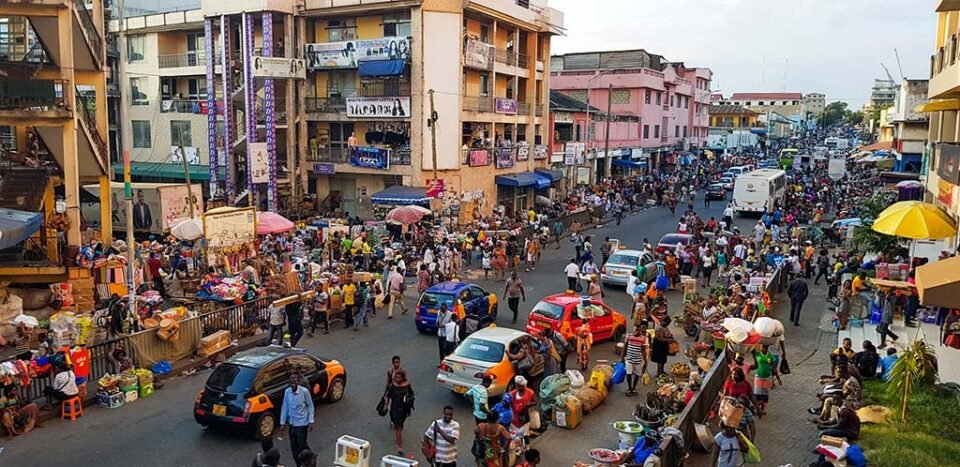Afrobarometer, a pan-African, non-partisan survey research network that provides reliable data on African experiences and evaluations of democracy, governance, and quality of life has issued new statistics about Ghana’s economy, public services, and taxation.
In a new survey they conducted, 9 out of 10 Ghanaians (representing 87%) say the country is heading ‘in the wrong direction.’
According to the survey, a large majority of citizens give unfavourable assessments of both their personal living conditions and the nation’s economic condition, and few are optimistic that things will improve during the coming year.
Moreover, the report which we sighted on GraphicOnline also saw Ghanaians given negative ratings about the government’s performance on key economic issues.
“Citizens’ gloomy outlook aligns with macro-level indicators on Ghana’s struggling economy in a difficult global environment. The country is seeking a bailout from the International Monetary Fund in hopes of stabilising the economy,” a news release issued by the Centre for Democratic Development on the survey said.


– 85% describe the country’s economic condition as “fairly bad” or “very bad,” up from 62% recorded in 2019.
– And 72% say their personal living conditions are “fairly bad” or “very bad,” compared to 58% three years ago.





